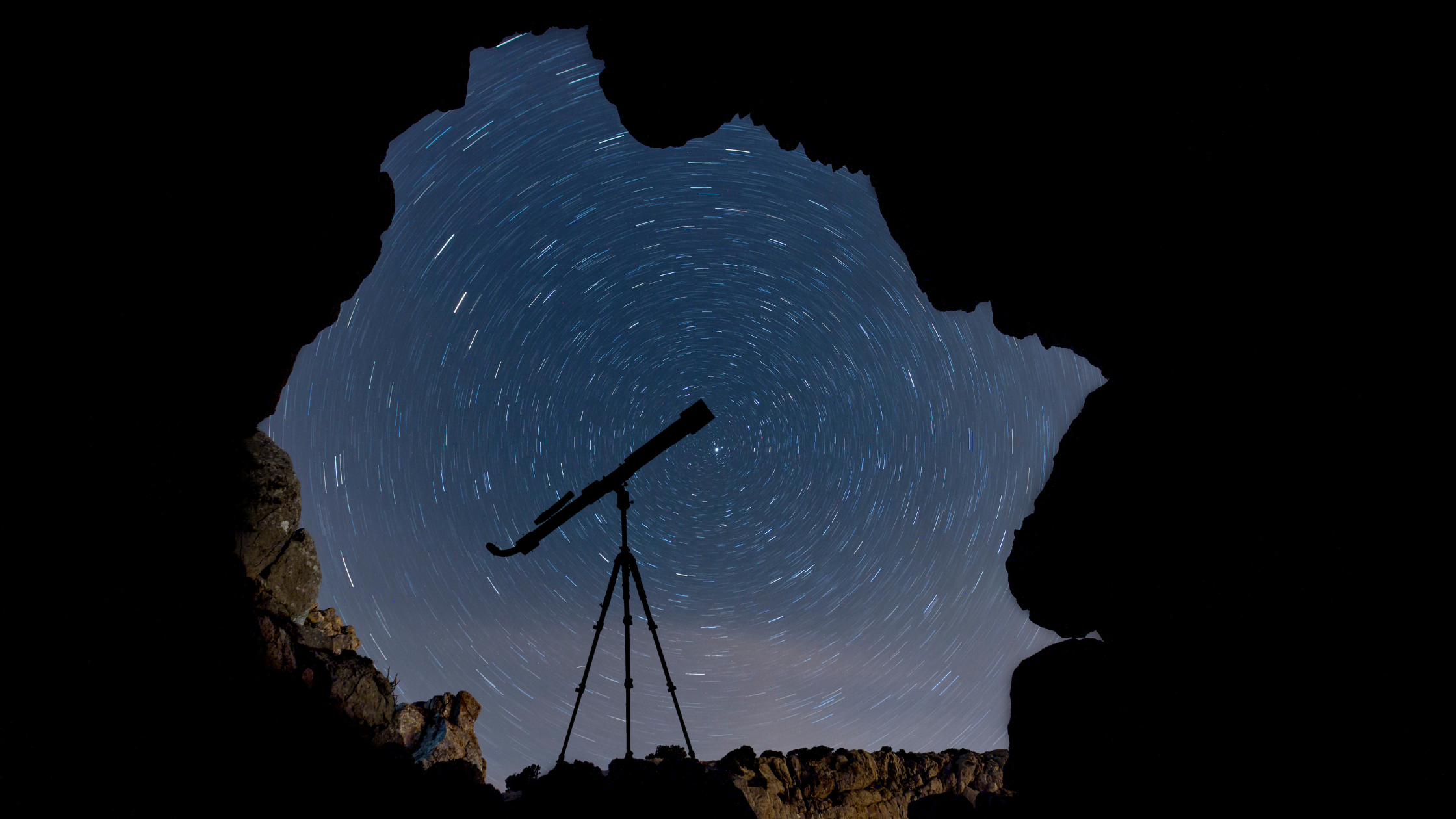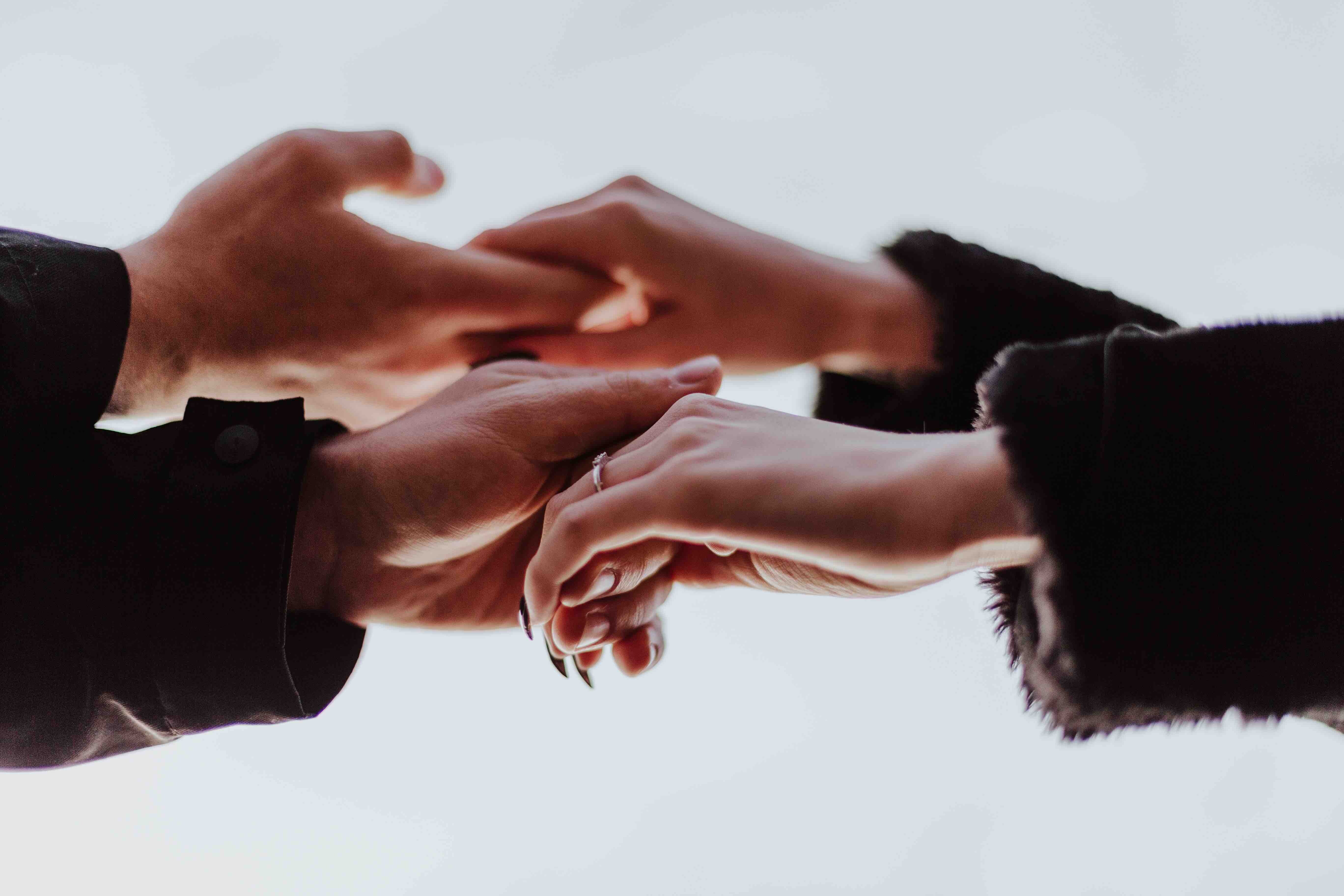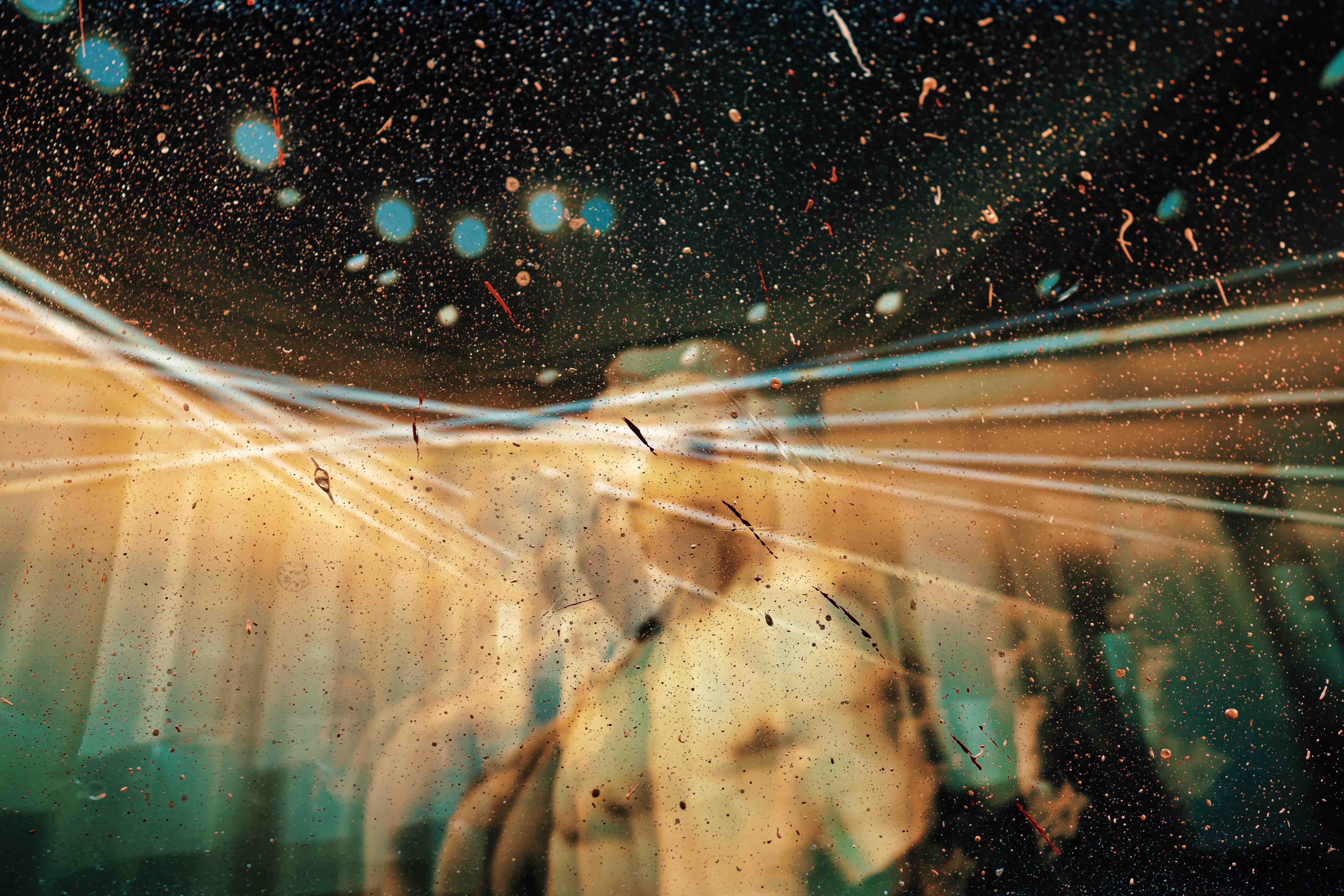Written by Pedro Teixeira, Director of Research at The Synthesis Institute.
Modern research with psychedelics often focuses on an individual ‘solo traveller’ supported by a therapist, under controlled conditions. Yet, for hundreds if not thousands of years, the traditional context for psychedelic healing experiences was in a group setting. Indeed, alongside factors like physical safety and comfort, the music, and the behaviors and attitudes of the facilitator(s) of the session (or the fact of their absence), the presence of other journeyers may decisively influence the outcomes of the experience.
Researchers at Imperial College of London recently published research exploring the concept of psychedelic communitas which included hundreds of former participants of Synthesis Institute retreats among its subjects. The research is one of the first attempts to analyze precisely how and why interpersonal factors perceived amongst participants, and with facilitators, might influence therapeutic outcomes.
OVERVIEW OF THE STUDY
This study contributes insightful new data that can further our understanding of what a supportive setting looks like. The study reports the first quantitative analysis of a set of psychological variables directly related to the interpersonal nature of the group retreat experience. The research team adapted and validated a new measure of communitas in psychedelic experiences which they define as “intense togetherness and shared humanity that temporarily transcends social structures.” The team draws from the cultural anthropological work of Edith and Victor Turner. (see box/table)
In this study, to assess their level of communitas, participants were asked about their agreement with the following statements, on a scale of one to five:
This study employed the naturalistic method, whereby researchers make observations about the participants in their “natural” habitat, as opposed to controlling and/or intervening in the setting and context of the psychedelic experience. The studied group sessions took place in retreat centers - including at different Synthesis retreats - and other community settings, using mushrooms or truffles that contain psilocybin (80% of total), ayahuasca (16%), or other psychedelics (4%).
About half of the retreats lasted anywhere from one to three days, with the other half of the retreats lasting 4 days or more. Within those time periods, 57% of the participants had just one psychedelic session, 13% had 2 sessions, 24% had 3 sessions, and 6% had 4 or more sessions. Most groups had between 10 and 20 participants; the group size average was fourteen people. 720 participants completed the questionnaire immediately after their session’s conclusion, and 399 of those 720 completed the questionnaire again four weeks later.
To understand the relevance of the concept of communitas within the psychedelic experience, and its relationship with several other experiential factors, participants were asked to complete a battery of questionnaires two weeks before, hours before, and the day after the group psychedelic session, and again four weeks later.
NEW DISCOVERIES
The most remarkable result is the significant association between a sense of communitas reported by participants immediately after the experience, and their elevated feelings of well-being in the following four weeks. In other words, the impact of the retreat on psychological well-being for at least one month after the experience, was mediated (that is, can be partly explained) by the experience of companionship and emotional connectedness shared with the other participants, and with the facilitators, during the retreat.
The results suggest that the extent to which a participant in a group session felt closeness, connection and interpersonal harmony among session participants influenced their well-being and mental health in the weeks following the session. The experience of being emotionally supported by a facilitator or guide appears to have had a strong positive impact on communitas during the session, and thus influenced psychological well-being up to at least four weeks after the experience.
Using the common statistical technique of path analysis, the study also evaluated factors that might enhance communitas: the level of rapport between participants and facilitators, and a high tendency for “absorption” in the participants’ personalities.
Rapport was measured with the survey items “I have a good feeling about my relationship with the group/people who will be with me during the experience” and “I have a good relationship with the main person/people who will look after me during the upcoming experience.” Higher levels of rapport in anticipation of the session contributed to participants’ feelings of being supported emotionally as the session unfolded, and enhanced their ability to share their own experiences with the group honestly and with a sense of safety. It should be mentioned that group sharing is a central feature of most, if not all, retreat experiences.
In turn, “absorption” is a trait-like characteristic that measures someone’s susceptibility to entering states of immersion in stimuli or in experiences. This study, among others, suggests that people’s degree of “absorption” deserves further consideration as a variable that may prove predictive of the intensity, and perhaps of the impact and assigned meaning, of the psychedelic experience.
During the four weeks after the retreat, the continuation of an elevated level of psychological well-being (as compared to pre-retreat levels), and a perception of social connectedness during the same period, were both partially dependent upon the degree of communitas participants reported during the retreat itself – as the authors point out in the study article, social connectedness has been strongly associated with mental and physical health, in many previous studies. This study indicates that social connectedness may remain higher as long as one month after a retreat, and that this may be partly determined by the factors described above - with a causal link that may run through greater or lesser feelings of communitas during the retreat.
The experience of being emotionally supported by a facilitator or guide had a strong positive impact on communitas during the session, and thus influenced psychological well-being up to at least four weeks after the experience.
The study’s novel contributions continue. Using the common statistical technique of path analysis, it also evaluated potentially causal antecedents of the level of communitas, and the (presumed) consequences of it, beyond subjective well-being. Among the antecedents were the level of rapport between participants and facilitators, and a high tendency for “absorption” in the participants’ personalities.
Rapport was measured with the survey items “I have a good feeling about my relationship with the group/people who will be with me during the experience” and “I have a good relationship with the main person/people who will look after me during the upcoming experience.” Higher levels of rapport in anticipation of the session contributed to participants’ feelings of being supported emotionally as the session unfolded, and enhanced their ability to share their own experiences with the group honestly and with a sense of safety. It should be mentioned that group sharing is a central feature of most, if not all, retreat experiences.
In turn, “absorption” is a trait-like characteristic that measures someone’s susceptibility to entering states of immersion in stimuli or in experiences. This study, among others, suggests that people’s degree of “absorption” deserves further consideration as a variable that may prove predictive of the intensity, and perhaps of the impact and assigned meaning, of the psychedelic experience.
During the four weeks after the retreat, the continuation of an elevated level of psychological well-being (as compared to pre-retreat levels), and a perception of social connectedness during the same period, were both partially dependent upon the degree of communitas participants reported during the retreat itself – as the authors point out in the study article, social connectedness has been strongly associated with mental and physical health, in many previous studies. This study indicates that social connectedness may remain higher as long as one month after a retreat, and that this may be partly determined by the factors described above - with a causal link that may run through greater or lesser feelings of communitas during the retreat.
WHAT NOW? LOOKING AHEAD
Considering the openness and flexibility of mind and “heart”, the level of emotional exposure, and even the high affective vulnerability that are often associated with high-dose psychedelic experiences, the impact of the presence of other people - ideally a comforting, empathic and warm presence - seems to play an important role in what we take away from those experiences, according to this study. Considering the future of psychedelic-assisted therapies, these results further reinforce the importance of evaluating the quality and characteristics of interpersonal relationships both between participants and facilitators, and among participants in groups.
It is important to note that most of the participants in this study had not been diagnosed with mental illness. Furthermore, client populations at the retreat centers from which these data were collected are a self-selected group, who - by dint of their having sought out and paid for these services - may be more homogeneous than the general population, coming from medium-to-high socioeconomic classes (on average). Also, the psychedelic experiences studied here were usually couched within extended-stay retreats, providing participants and facilitators with many opportunities for social interaction, emotional connection and trust-building, conditions which may not extend to other current and future settings of psychedelic-assisted therapies.
These factors notwithstanding, and assuming that the results will be replicated and refined in future research, they raise important questions for the present and future landscape of psychedelic use.
- How can we enhance the psychedelic experience with protocols that more explicitly consider the potential of interpersonal and group dimensions?
- What does this mean for the selection, training and certification of future facilitators?
- If these results can be extended to clinical populations, how can we preserve the interpersonal dimension in contexts where there is great pressure for efficiency and cost reduction?
- Might these results be an invitation to reinforce the study of traditional ritual contexts for the use of substances like psilocybin and ayahuasca, wherein the presence of a group has long been a given?
- Can the results be extrapolated to help us understand the efficacy of other group-therapy settings, such as Alcoholics Anonymous?
- Finally, if it is confirmed that feelings of togetherness and a temporary dissolution of personal differences during psychedelic experiences do reliably influence beneficial outcomes over time, what about the importance of these group dynamics in the phases of preparation and integration?
WHY IS THIS STUDY MEANINGFUL FOR THE SYNTHESIS INSTITUTE?
Whilst research on the clinical model of psilocybin-assisted therapy (individual sessions) is growing, research investigating group administration is still scarce. The Synthesis Institute has running collaborations with universities including Imperial College London, and the University of Greenwich so that the experiences of the participants in our retreats can contribute to the psychedelic research efforts. We support the scientific exploration of group psychedelic sessions, and the careful consideration of factors which might influence outcomes. All studies in which our Institute is involved are conducted after approval by formal research ethics committees (or institutional review boards) and, as such, our participants always undergo informed consent procedures prior to taking part in research. Participation in research is entirely voluntary and does not change participants’ status as clients in our retreats
It is an important step forward to see the concept of communitas defined, evaluated, and disseminated. More research is needed to clarify its precise role but it appears that group psychedelic experiences will continue to be refined, encouraged, and celebrated. As they have been for many generations before, all over the world, long before modern science emerged.












